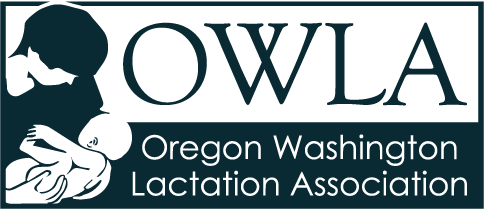OWLA PRESENTS:
Megan Dunn, is an experienced Lactation Consultant and Health Educator, with nearly two decades of experience supporting families and professionals through lactation education and clinical care. Presently, Megan works as a Lactation Consultant Provider in a Portland metro pediatric clinic, where she provides holistic, evidence-based care within family systems, Trauma-Informed framework, and crafting innovative care plans. Beyond her clinical role, she maintains a part-time private practice, conducts community prenatal classes, and offers professional education, with a strong focus on enhancing clinical skills and advancing equity.
Megan Dunn is an unwavering advocate for maternal and infant health through education, support, and evidence-based practices, and has served on the Oregon Washington Lactation Association’s board of directors since 2021 and its President since 2023.
Abstract: Polycystic Ovary Syndrome (PCOS), is a leading cause of infertility that affects up to 20% of birthing parents. This neuroendocrine condition has a variety of symptoms including insulin resistance, raised levels of androgens, and changes to mammary development which can also impact lactation outcomes. The presentation will dig into the four types of PCOS and their connection to metabolic function and lactation, as well as provide guidance on safe and effective interventions to support milk production.
Objectives:
1. Identify at least 3 symptoms and common findings of Polycystic Ovarian Syndrome (PCOS).
2. Name 3 ways lactation and milk production are potentially affected inpatients with PCOS, including the connection to metabolic function, and identify at least 2 safe and effective interventions to support milk production.
3. Explain 3 elements of a comprehensive, individualized prenatal and postpartum lactation care plan for patients with PCOS, taking into consideration the impact of personal biases and addressing risk factors associated with the condition.

